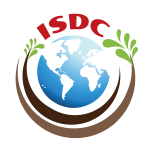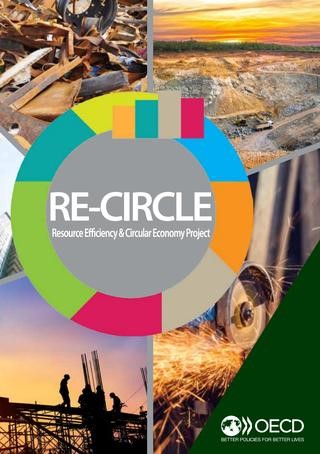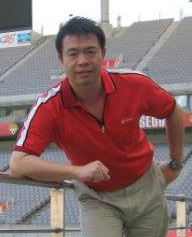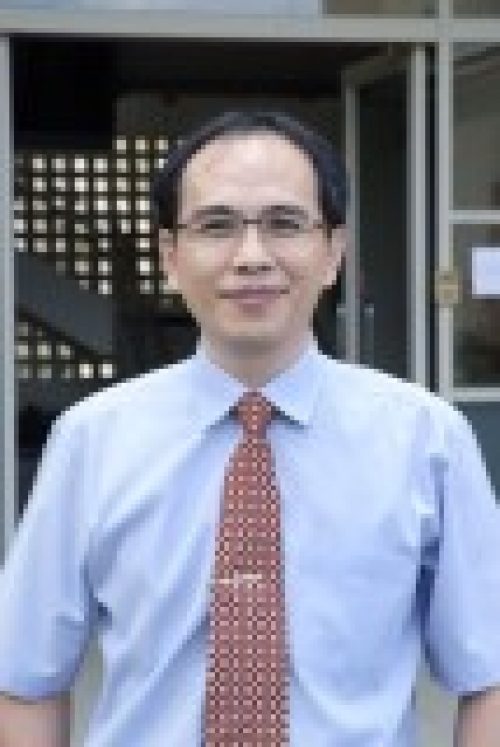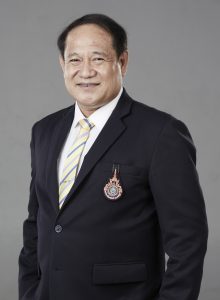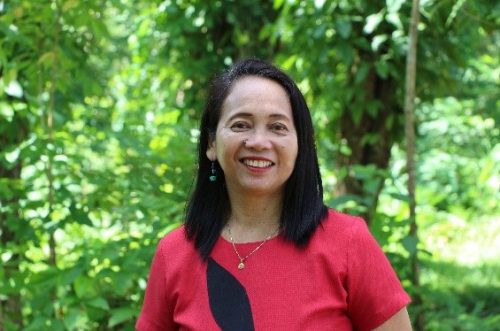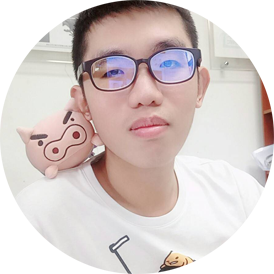Session C
Circular Economy
Session Description
For nearly a third of a human generation and a seventh of a human lifestyle, the traditional linear consumption patterns (‘take-make-dispose’) are coming up against constraints on the availability of resources. The challenges on the resource side are compounded by rising demand from the world’s growing and increasingly affluent population. Therefore, based on the cradle-to-cradle, encouraging the use of raw materials known as green technical and biological, which do not have a negative impact on the environment, have an entirely beneficial impact upon ecological systems and return to the ecosystem without treatments. The concept of a circular economy(CE) has been widely promoted in the world. Its conceptual roots create from industrial ecology, which envisions a form of material symbiosis between very different industries, production processes and localizations. Furthermore, CE as a sustainable supply chain management seeks to integrate environmental concerns into organizations by minimizing materials’ flows or by reducing unintended negative consequences of production and consumption processes. The integrated benefits of recycling residual materials and by-products through the development of complex interlinkages. Therefore, CE promotes resource minimization, the adoption of cleaner technologies, the efficient transportations and cross-disciplinary integrations. The circular economy approach are obvious targets, on environmental and ethical premises, of materials reduce, recycling, reuse and regeneration. In fact, the prices of materials will be too low to reflect the costs associated in the treatments and the values in a market. Therefore, finding ways to align sustainable cooperation strategies to circular economy principles has become important issues as the potential market dynamics, policy and societal implications that could arise by the implementation of circular production systems.
The circular economy of the academic study is including; the economic model where in planning, resourcing, procurement, production and reprocessing are designed and managed, as both process and output, to maximize ecosystem functioning and human well-being. Subsequently, towards the end of the second decade of the century we realized that there is a dearth and need in practical knowledge and also a forum to share the breakthroughs in the Circular Economy frontier. Out of this need, 2020 the Circular Economy as a specialized platform to disseminate practical knowledge in NPUST towards achieving Circular Economy. We hope to get a broad representation of related issues and solutions from across Asia. Its mission is to act as a forum where academics and researchers from all over the world can meet in NPUST, in order to exchange ideas on their research, and to discuss future developments in their disciplines.
References
- Andersen, M.S. 2007. An introductory note on the environmental economics of the circular economy. Sustainability Science 2:133-140.
- Andersen, M.S. 1997. Evaluation of the cleaner technology programme, environmental review no. 14. Environmental Protection Agency, Copenhagen. http://www.mst.dk/publica/01000000.htm
- United Nations Environment Programme (UNEP). 2006. Circular economy: an alternative model for economic development. http://www.unep.org/chinese/documents/final_circulareconomy_wholedoc.pdf.
- Jacobsen, N.B. 2006. Industrial symbiosis in Kalundborg Denmark: a quantitative assessment of economic and environmental aspects. Journal of Industrial Ecology 10(1-2):239-256.
- Murray, A., Skene, K., & Haynes, K. 2017. The Circular Economy: An interdisciplinary exploration of the concept and its application in a global context. Journal of Business Ethics 140:369-380.
We are seeking research contributions from academics, practitioners, civil society and policy makers, working in the field of circular economy, via the submission of full papers, workshop and poster sessions on the following:
The topics discussed in session include:
- Energy and resources in Circular Economy
- Sustainable waste management in Agriculture
- Circular use of water and nutrients
- Legislative process and implementation of Circular Economy
- New business models and eco-design in Agriculture
Linkage to Sustainable Development
Co-Hosts
Asst. Prof. Dr. Sommai Pivsa-Art
Co-organizer
TSAI, SHUO-YU Research Assistant
Numerical Simulation
Computer Aided Engineering
Wind Engineering
Design of Turbomachinery
Unmanned Aerial Vehicle
